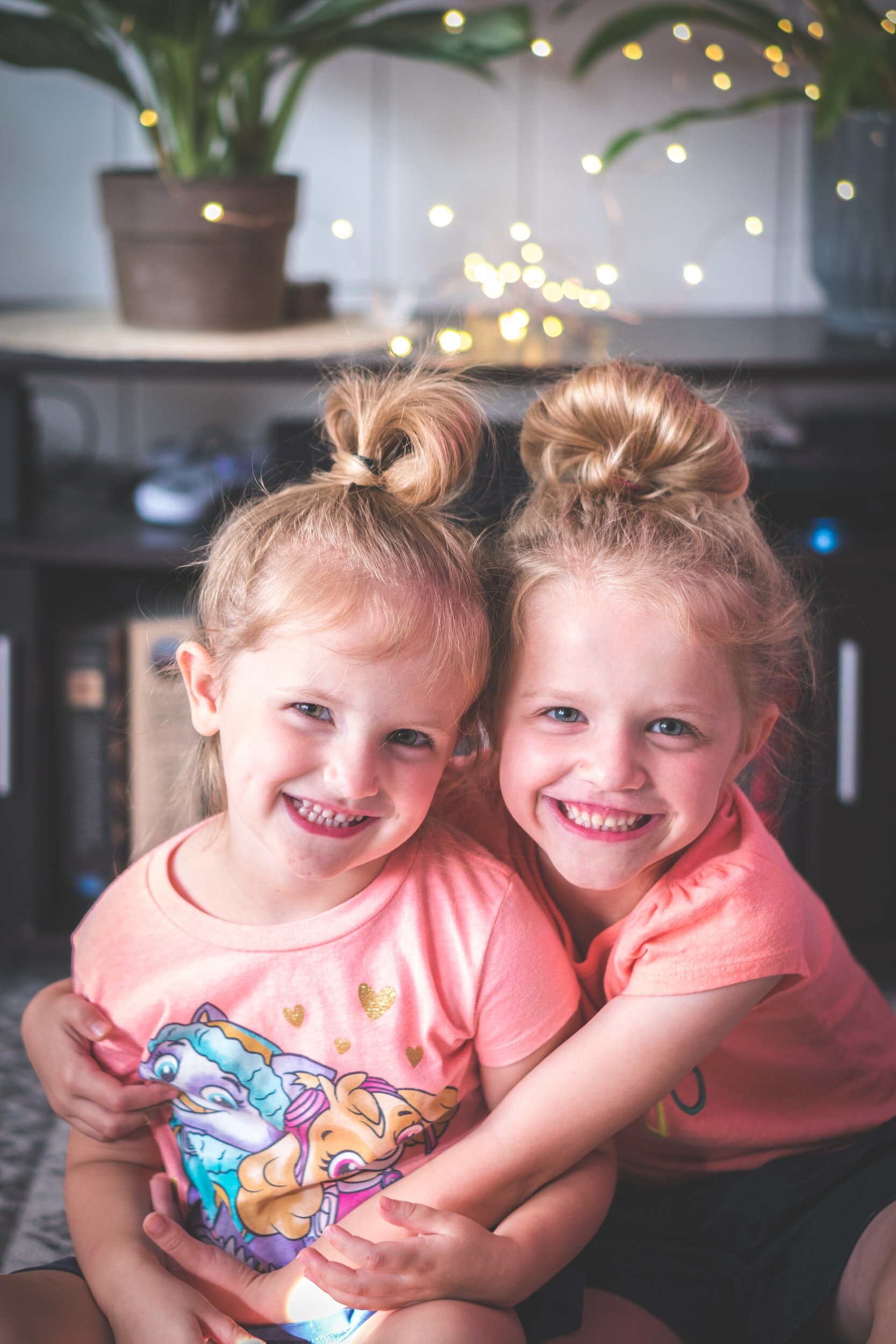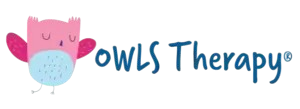One of the most frequent questions I get, from both parents and teachers, is “when are certain speech sounds supposed to develop?” AKA, is it okay that my 2 year old can’t say R?
(Hint: yes!) When I was in grad school, back when the dinosaurs roamed, we were told to not worry about R until a child was 9 years old! That always seemed much too late to start worrying about a sound developing but that was what the research at the time was stating. Luckily research has caught up to common sense and new speech sound development norms have been released:

BY THIS AGE, 90% OF CHILDREN HAVE MASTERED THESE SOUNDS:
• 2 years: P
• 3 years: B, M, N, D, T, H, K, G, W, F, Y, -NG (as in “king”)
• 4 years: L, J, CH, V, SH, S, Z (for S and Z, this means no lisp present during production)
• 5 years: R, TH (voiced- as in “bathe”), ZH (like “treasure”)
• 6 years: TH (voiceless- as in “bath”)

ADDITIONALLY, WHEN YOU COMBINE ALL THESE SOUNDS INTO SPEAKING, BELOW ARE THE PERCENTAGES THAT AN UNFAMILIAR LISTENER SHOULD UNDERSTAND OF YOUR CHILD’S SPEECH:
• 2 years: 50% of utterances should be understood
• 3 years: 75% of utterances should be understood
• 4 years: 90% of utterances should be understood
• 5 years: 100% of utterances should be understood
Essentially, by the time a child is going into Kindergarten, there should be no articulation errors (except maybe the occasional TH error) and everyone should be able to understand what the child is saying every time they speak. Keeping these norms in mind is important because Kindergarten is where academics really start to take off. Children are learning to read and write and the most common way of teaching a child to spell something is to…sound it out! If a child is sounding out a word incorrectly, they are more likely to spell it incorrectly which in turn, creates another set of problems. This is one of the main reasons why taking a wait and see approach with sound development is not the best approach because of the domino effect these sound errors can cause!
About the Author
JANENE BESCH
Director/Speech-Language Pathologist
Janene Besch, née Martin, holds a Master’s degree in Speech Language and Hearing Sciences from San Diego State University and a Bachelor’s degree in Psychology from the University of California at San Diego. Janene is a member of the American Academy of Private Practice in Speech Pathology
Read more >
More Stories




s speech-language pathologists, we’re frequently asked about pacifiers and their impact on speech development. The internet can be a helpful, but overwhelming, place full of information when making choices about your child’s care. Here at OWLS Therapy, we aim to provide education and ways to support both you and your child so you can achieve success.
Read More →